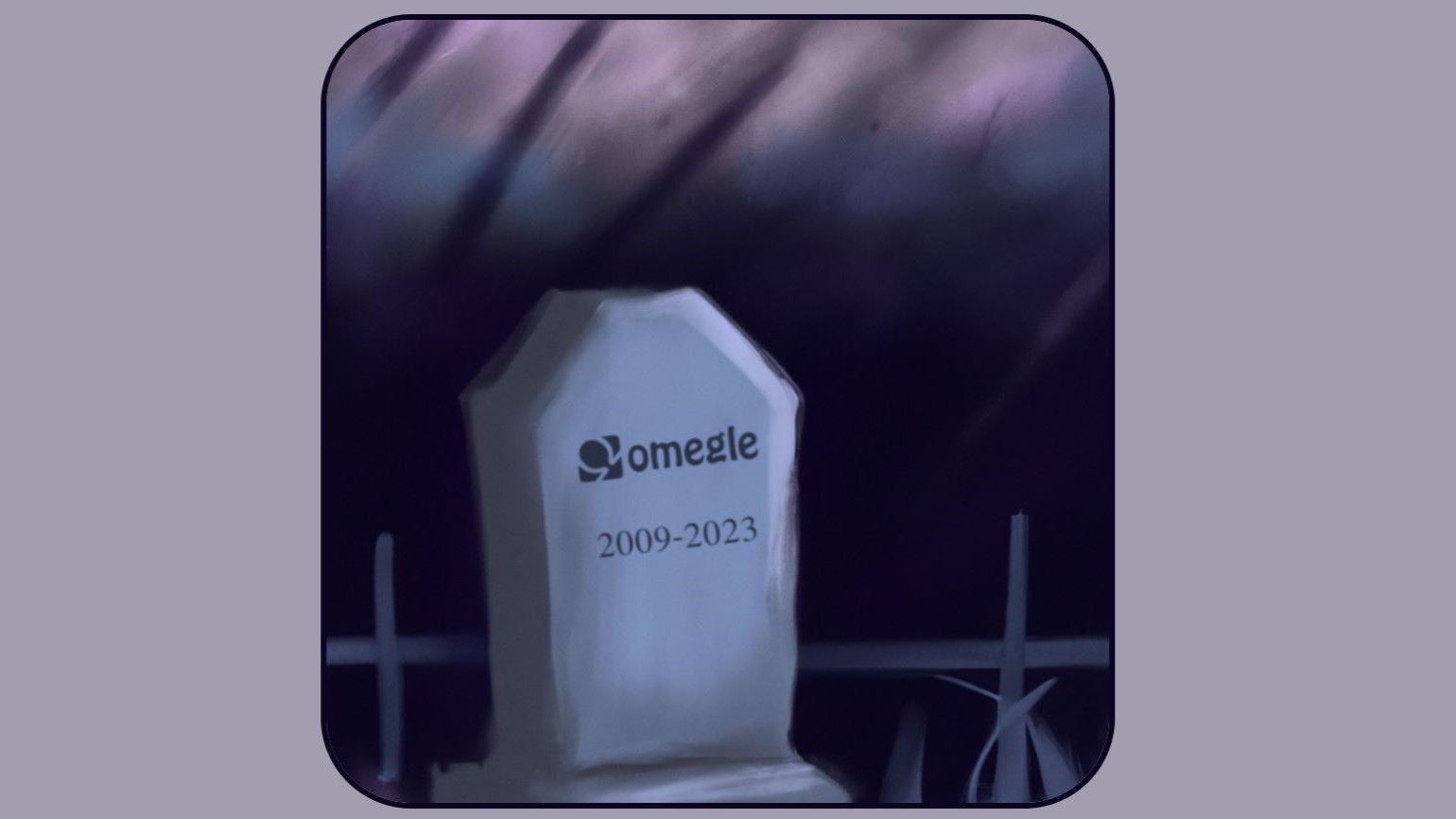
What you need to know
- Omegle launched in 2009 as an option to meet and communicate with strangers.
- The site featured live video and audio conversations with random strangers.
- Omegle has had to battle against misuse and predatory behavior since its inception.
- The founder, Leif K-Brooks, left a note that anybody can see on Omegle.com.
Omegle.com has seen a recent resurgence due to the Covid-19 pandemic. Several YouTube channels build most of their content around meeting with random strangers and getting their live reactions to their unique talents. A few that come to mind are The Doo and Marcus Veltri, who play guitar and piano, respectively, to wow strangers on Omegle. With the news of Omegle's death, these creators and likely hundreds of thousands of others will have to pivot to a new site for a similar service.
It is hard not to see the reason for this closure, though. Unfortunately, Omegle was and still is very popular with teenagers, and the app has had a hard time policing abuse and criminal activity on its service. The pressure to close the site permanently due to these horrible actions of a small minority of the user base has won out.
Omegle worked with law enforcement agencies, and the National Center for Missing and Exploited Children, to help put evildoers in prison where they belong. There are “people” rotting behind bars right now thanks in part to evidence that Omegle proactively collected against them, and tipped the authorities off to.
Leif K-Brooks - Founder of Omegle
What is Omegle?
Omegle was one of the first social websites that spawned several copycats. These types of services allow you to connect with strangers all over the globe randomly. Several language-focused YouTubers also use the website to amaze strangers from other countries with their multi-lingual abilities. There are some excellent use cases for the service, and according to the founder, Leif K-Brooks, the majority of the activity on the app was heavily monitored, and they used state-of-the-art AI to prevent abuse.
Why did Omegle shut down?
The app is officially dead as the outcry for its closure finally became loud enough to cause Leif K-Brooks to give up rather than keep fighting what seems to be a never-ending battle against the absolute worst segments of humanity. If you want to read the entire obituary and explanation for Omegle, you can visit Omegle's site.
Leif K-Brooks hints that there is a real threat that any online interactive service is under similar attack. If the angry mobs are allowed to close them all down, the internet could be driven by some sort of consumption-focused content distribution similar to TV, and interactive entertainment could become instinct.
What can be done to fix misuse on online platforms?
I would argue that video games offer a great interactive entertainment avenue and are primarily done in a safer medium that limits the opportunities for abuse. Unfortunately, some games like Roblox have had similar issues with predatory practices by some of its users, as reported by TechCrunch.com.
With the advent of AI pushing boundaries and becoming more ubiquitous in every aspect of the internet, maybe OpenAI and other AI companies can take some time away from pushing for profits to instead focus on online safety and solving these problems for good.
Xbox has worked on some online safety features, like recording voice chat and reporting it. These initiatives might be necessary if the alternative is the destruction of platforms due to the abuse of a small subset of the user base.
The battle for Omegle has been lost, but the war against the Internet rages on. Virtually every online communication service has been subject to the same kinds of attack as Omegle; and while some of them are much larger companies with much greater resources, they all have their breaking point somewhere. I worry that, unless the tide turns soon, the Internet I fell in love with may cease to exist, and in its place, we will have something closer to a souped-up version of TV – focused largely on passive consumption, with much less opportunity for active participation and genuine human connection. If that sounds like a bad idea to you, please consider donating to the Electronic Frontier Foundation, an organization that fights for your rights online.
Leif K-Brooks - Founder of Omegle
The social discourse surrounding Omegle is long and complex but a discussion worth having. However, it is no longer a conversation that will mean anything as the website is permanently closed. Whether its death is a good thing or a bad thing is a discussion with a lot of nuance and points of view.
Whether you enjoyed trolling around on Omegle on the weekends to meet new people throughout the world, or you were vehemently opposed to Omegle's existence due to the direct access to minors it gave to child predators, the final word is that it is now gone. Will it be replaced by one of its competitors, and the same issues transfer over to whichever site takes its place? Only time will tell.
Do you think the closure of Omegle is a benefit to society? What are your thoughts on Omegle closing? Let us know in the comments.


.png?w=600)




